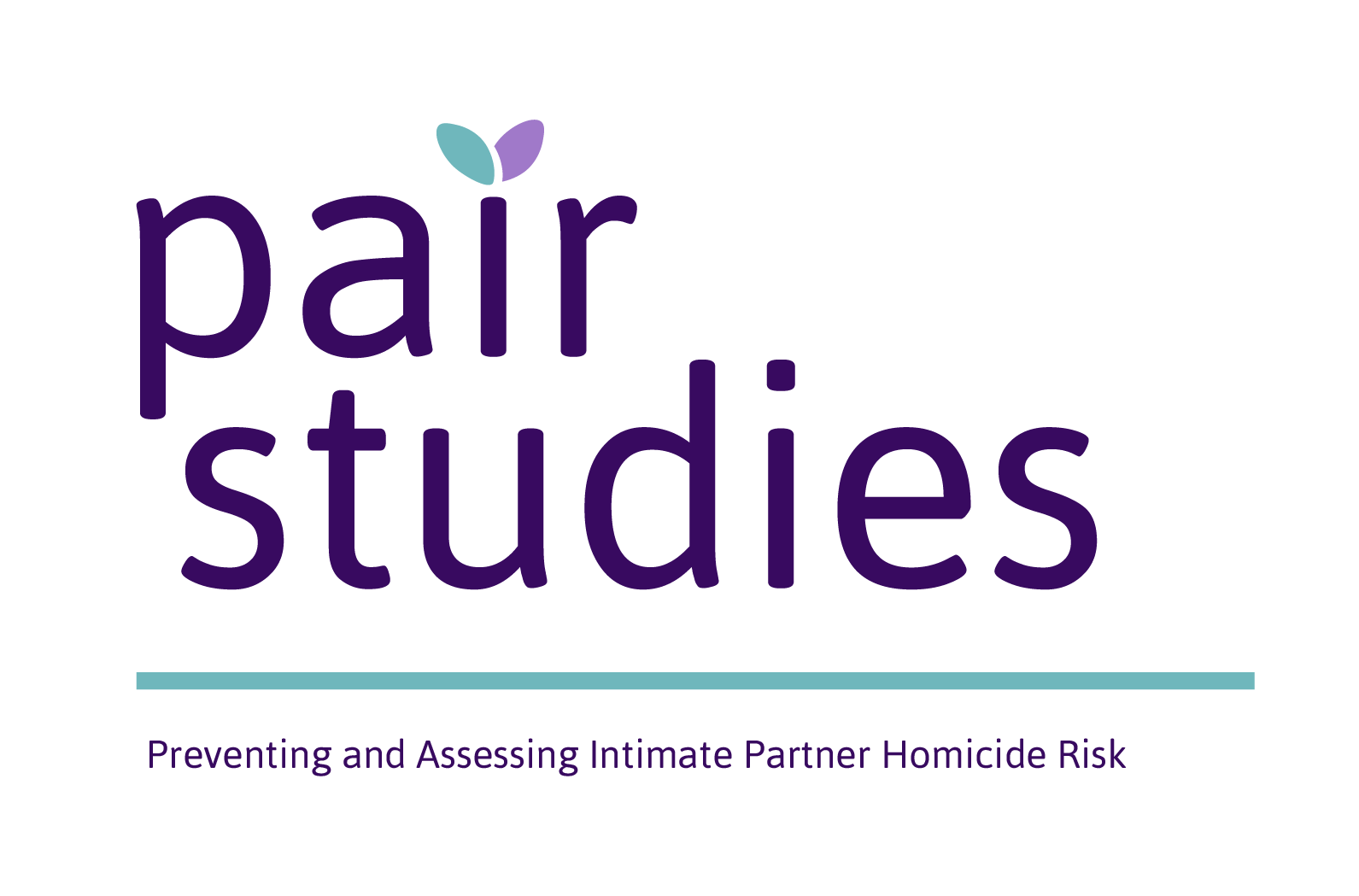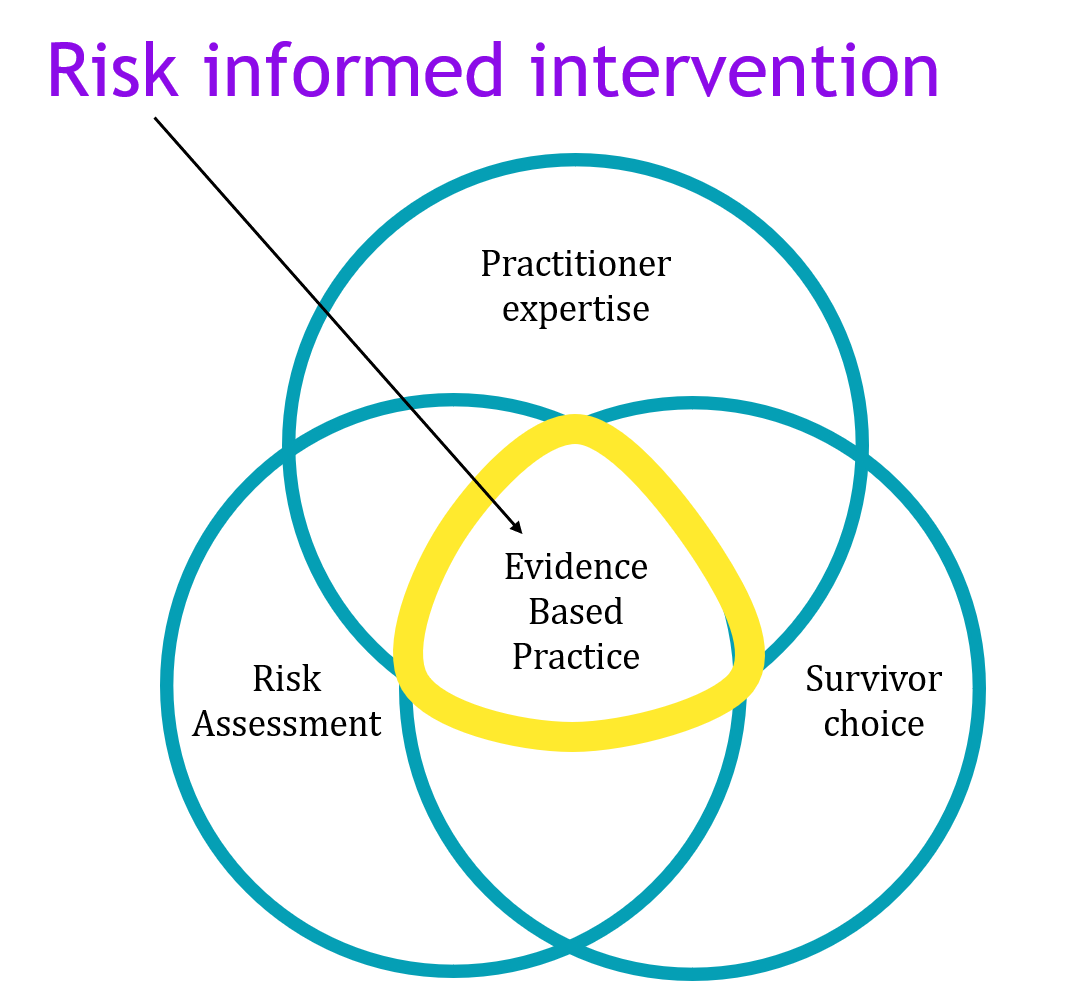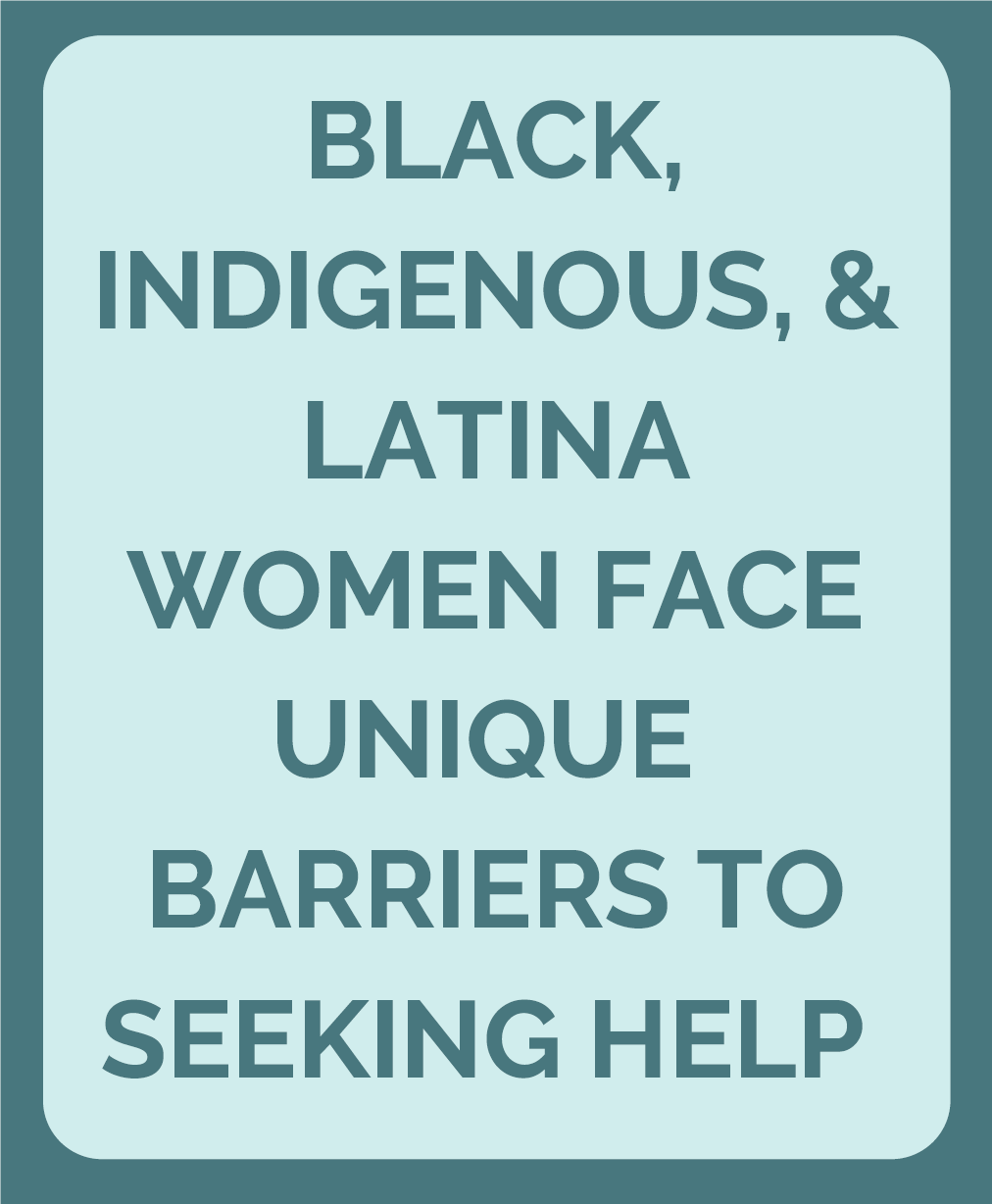Women are more likely to be killed by an intimate partner than by anyone else. The Office of Gender-Based Violence is gathering data on intimate partner homicide in Arizona and nationally to better understand and prevent these tragedies.



Risk Informed Interventions Connection, Communication, Action

Survivor Link AmeriCorps provides students with hands-on experience implementing healthy relationships and domestic violence interventions while engaging in national service and earning money - all while completing a degree-required internship or practicum!
The Domestic Violence Certificate, offered through the School of Social Work, is available for all ASU students interested in developing advanced knowledge and gaining practice skills in domestic violence, victim advocacy, and evidence-based interventions.
If you or someone you know is experiencing domestic violence, help is available.